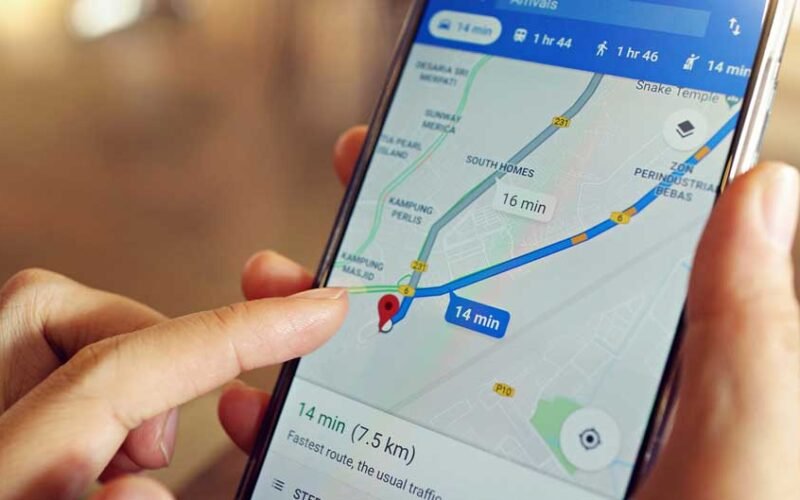Buying a car from a private seller can save you money, offer more flexibility, and give you access to a wider range of vehicles. But when it comes to financing, many people think loans are only available through dealerships. That’s where private party auto loans come in — a lesser-known but often smart way to fund your purchase.
Whether purchasing a used SUV from a neighbor or finding a bargain through an online seller, being familiar with private party loans can boost your confidence and help you make better financial choices.
What Is a Private Party Auto Loan?
This is a financing option that enables individuals to borrow money specifically to purchase a vehicle directly from a private seller rather than from a dealership. In this arrangement, the buyer applies for the loan independently through a bank, credit union, or online lender and then uses the funds to pay the individual seller.
This type of loan is common in peer-to-peer sales, such as buying from friends, family members, or through online marketplaces and private listings. Unlike dealership financing, it often requires more careful evaluation because the vehicle is sold “as-is,” without the warranties, inspections, or consumer protections typically provided by dealers. Therefore, buyers should take extra steps to verify the vehicle’s condition, history, and legal status before completing the purchase.
How Private Party Auto Loan Works
1. Get Pre-Approved
Securing a pre-approval first is a smart step before shopping. This not only helps you understand what you can afford but also speeds up the process when you’re ready to buy. Lenders will look at your credit score, income, and debt-to-income ratio when determining your eligibility.
2. Find the Car
Once you’re pre-approved, you can start looking for a car from individual sellers — whether on platforms like Craigslist, Facebook Marketplace, or through word-of-mouth. Be sure to focus on vehicles that meet your lender’s criteria for age, mileage, and condition.
3. Submit Loan Details
After choosing the right vehicle, you’ll submit important information to your lender, including the VIN, sale price, and seller’s contact details. Before finalizing anything, it’s smart to run a thorough VIN check — like a commercial truck VIN lookup if you’re buying a heavy-duty vehicle — to confirm the car’s history and ensure there are no hidden surprises.
4. Lender Pays the Seller Directly
After your loan application is approved and all documents are verified, the lender will disburse the loan amount directly to the seller. This ensures a secure transaction between buyer and seller and reduces the risk of fraud. Once the payment is made, you officially become the owner of the vehicle, and your responsibility shifts to making monthly loan payments to the lender based on the agreed-upon terms, which typically include the interest rate, loan duration, and payment schedule.
The Good and the Bad of Private Party Auto Loans
Like any financing option, private party auto loans come with advantages and drawbacks. Some of the key benefits include:
- Potential for lower prices:Buying from an individual seller often means negotiating a better price than dealership sticker prices.
- More vehicle choices:Private sales can offer unique or older models not available at dealerships.
- Flexible negotiations:Sellers may be more willing to negotiate terms directly with the buyer.
On the other hand, there are some challenges to consider:
- Higher risk:Unlike dealers, individual sellers don’t offer warranties or guarantees, which increases the risk of buying a vehicle with hidden issues.
- Limited lender options:Not all lenders offer private party loans, and those that do may impose stricter credit requirements.
- More paperwork:Buyers should handle title transfer, registration, and sometimes complicated paperwork without dealer assistance.
Always verify the vehicle’s condition before applying. Checking its history for accidents or liens helps protect you from costly surprises after purchase.
How to Qualify for a Private Party Auto Loan

To qualify for a private party auto loan, lenders look at your credit score, with higher scores improving approval chances and interest rates. You’ll also need to prove steady income and may be required to make a down payment.
The vehicle should meet lender requirements, usually involving limits on age and mileage, and should have a clear title. Cars with significant damage or salvage history are often not eligible. Preparing these details in advance helps smooth the loan approval process.










